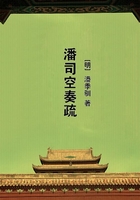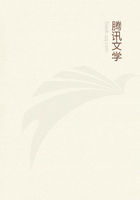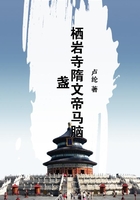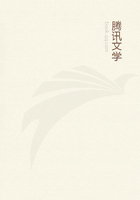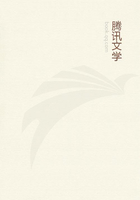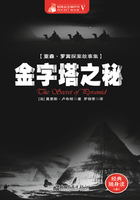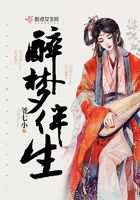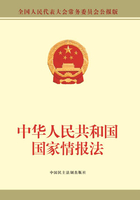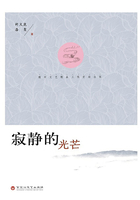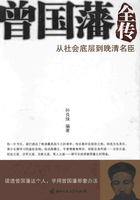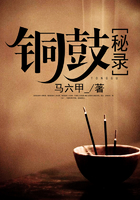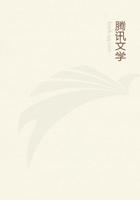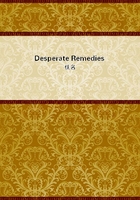"I conclude upon the whole that Aristophanes did not like any of the tragedians; yet no one will deny that this keen, witty, outspoken writer was as good a judge of literary value, and as able to see any beauties that the tragic dramas contained as nine-tenths, at any rate, of ourselves. He had, moreover, the advantage of thoroughly understanding the standpoint from which the tragedians expected their work to be judged, and what was his conclusion? Briefly it was little else than this, that they were a fraud or something very like it. For my own part I cordially agree with him. I am free to confess that with the exception perhaps of some of the Psalms of David I know no writings which seem so little to deserve their reputation. I do not know that I should particularly mind my sisters reading them, but I will take good care never to read them myself."
This last bit about the Psalms was awful, and there was a great fight with the editor as to whether or no it should be allowed to stand. Ernest himself was frightened at it, but he had once heard someone say that the Psalms were many of them very poor, and on looking at them more closely, after he had been told this, he found that there could hardly be two opinions on the subject. So he caught up the remark and reproduced it as his own, concluding that these psalms had probably never been written by David at all, but had got in among the others by mistake.
The essay, perhaps on account of the passage about the Psalms, created quite a sensation, and on the whole was well received.
Ernest's friends praised it more highly than it deserved, and he was himself very proud of it, but he dared not show it at Battersby. He knew also that he was now at the end of his tether; this was his one idea (I feel sure he had caught more than half of it from other people), and now he had not another thing left to write about. He found himself cursed with a small reputation which seemed to him much bigger than it was, and a consciousness that he could never keep it up. Before many days were over he felt his unfortunate essay to be a white elephant to him, which he must feed by hurrying into all sorts of frantic attempts to cap his triumph, and, as may be imagined, these attempts were failures.
He did not understand that if he waited and listened and observed, another idea of some kind would probably occur to him some day, and that the development of this would in its turn suggest still further ones. He did not yet know that the very worst way of getting hold of ideas is to go hunting expressly after them. The way to get them is to study something of which one is fond, and to note down whatever crosses one's mind in reference to it, either during study or relaxation, in a little note-book kept always in the waistcoat pocket. Ernest has come to know all about this now, but it took him a long time to find it out, for this is not the kind of thing that is taught at schools and universities.
Nor yet did he know that ideas, no less than the living beings in whose minds they arise, must be begotten by parents not very unlike themselves, the most original still differing but slightly from the parents that have given rise to them. Life is like a fugue, everything must grow out of the subject and there must be nothing new. Nor, again, did he see how hard it is to say where one idea ends and another begins, nor yet how closely this is paralleled in the difficulty of saying where a life begins or ends, or an action or indeed anything, there being an unity in spite of infinite multitude, and an infinite multitude in spite of unity. He thought that ideas came into clever people's heads by a kind of spontaneous germination, without parentage in the thoughts of others or the course of observation; for as yet he believed in genius, of which he well knew that he had none, if it was the fine frenzied thing he thought it was.
Not very long before this he had come of age, and Theobald had handed him over his money, which amounted now to 5000 pounds; it was invested to bring in 5 pounds per cent and gave him therefore an income of 250 pounds a year. He did not, however, realise the fact (he could realise nothing so foreign to his experience) that he was independent of his father till a long time afterwards; nor did Theobald make any difference in his manner towards him. So strong was the hold which habit and association held over both father and son, that the one considered he had as good a right as ever to dictate, and the other that he had as little right as ever to gainsay.
During his last year at Cambridge he overworked himself through this very blind deference to his father's wishes, for there was no reason why he should take more than a poll degree except that his father laid such stress upon his taking honours. He became so ill, indeed, that it was doubtful how far he would be able to go in for his degree at all; but he managed to do so, and when the list came out was found to be placed higher than either he or anyone else expected, being among the first three or four senior optimes, and a few weeks later, in the lower half of the second class of the Classical Tripos. Ill as he was when he got home, Theobald made him go over all the examination papers with him, and in fact reproduce as nearly as possible the replies that he had sent in. So little kick had he in him, and so deep was the groove into which he had got, that while at home he spent several hours a day in continuing his classical and mathematical studies as though he had not yet taken his degree.

